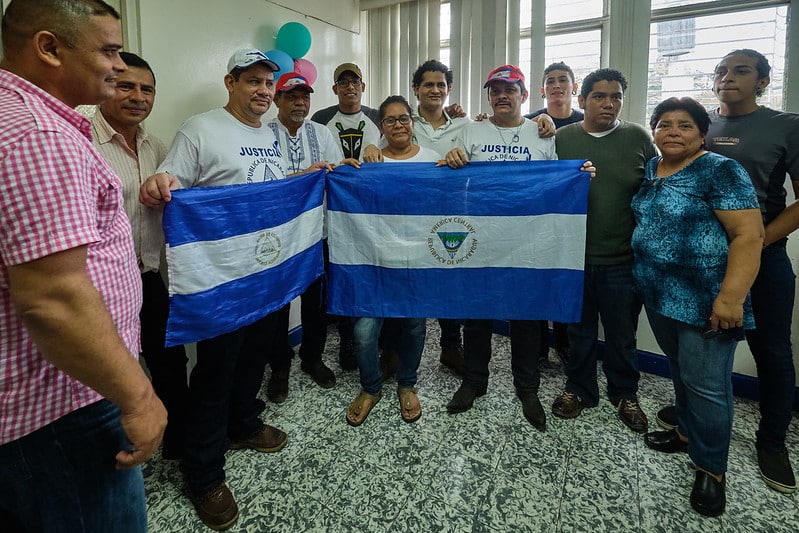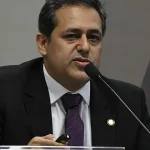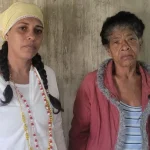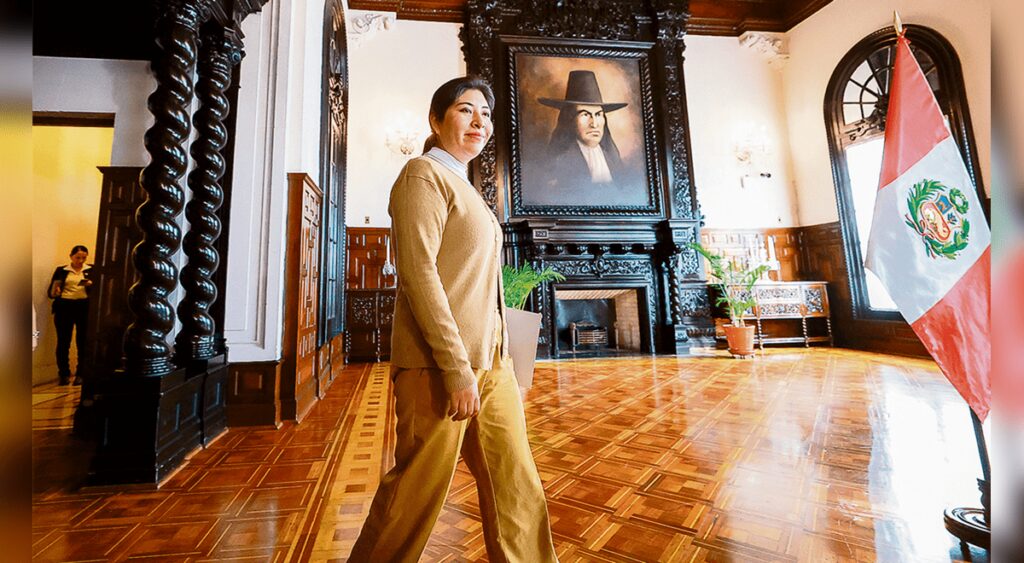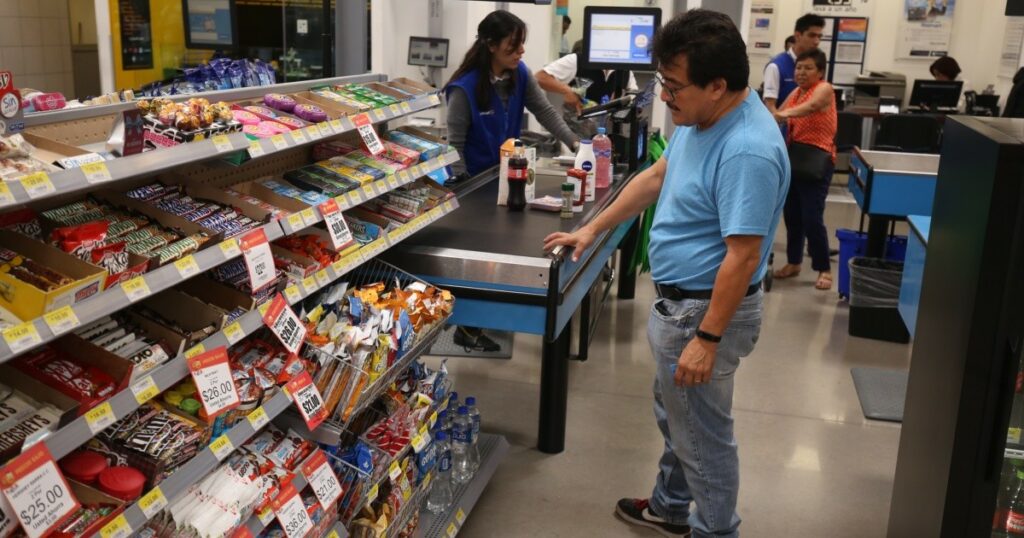The National Union of Nicaraguan Political Prisoners and Prisoners (UPPN) denounced that the regime of Daniel Ortega and Rosario Murillo has not provided all the relatives with information on the state of health of the 35 prisoners of conscience who remain in different prisons in the country, among them they Bishop Rolando Álvarez, confined in La Modelo prison.
In an interview with CONFIDENTIAL, Yaritzha Mairena, representative of the organization, pointed out that the Nicaraguan opposition must “become aware” of the importance of “keeping alive the demand for justice for all crimes against political prisoners in Nicaragua”, who still suffer the physical and psychological consequences. from jail.
“Adequate care has not yet been provided to the victims,” Mairena insisted.
Since May 2022, the UPPN —made up of political prisoners released— permanently supports the campaign “Justice with memory”which gives a voice to the direct victims of the regime in their search for justice.
What information do you have about the prisoners of conscience who are still in prison?
We have tried to maintain communication with the relatives of the political prisoners, to see the situation in which the 35 who remained in prison find themselves. What they have told us is that many have not been able to have contact with their relatives since the 222 were released from prison, and that is really worrying, because it is not known what state they are in, or where they were moved, if they were moved. .
We are also pending the rise of the list (of political prisoners)because it is increasing with the new arrests and the constant siege, experienced since the release of the 222. We understand that there has been an increase in the siege of the politically released prisoners, and it is feared that there will be reprisals against people who continue in prison. country and “are registered” by the regime, like the political prisoners of 2019.
You were a political prisoner between 2018 and 2019. What are the physical, emotional, and personal consequences that jail leaves you with?
There are people who still have the sequelae of medical pathologies that developed during the period of their arbitrary detention, such as fungus, gastritis, pressure problems (arterial) —that many people did not suffer from and now they do-, ulcers, hair loss, skin problems. This also causes other types of serious sequelae such as migraines, body aches, stomach aches, colon pain.
The restriction of movement, in the case of people who had bone injuries or who suffered burns and poorly healed wounds; such people have certain restrictions of movement and constant pain in the joints.
In psychological torture we could mention a lot, but I think I am going to reduce it in: anxiety, depression, claustrophobia, spasms, dissociation, isolation, the inability to return to resume their life projects, paranoia, insomnia, nightmares and suicidal actions .
Last year you launched the “Justice with memory” campaign, and with it you presented a report entitled: “Detained, tortured and displaced”, with the account of political prisoners released from the dictatorship, what does this report say about treatment in prisons , and the testimonies of the prisoners?
We make a description of the torture and the consequences that have been experienced since the arbitrary imprisonment, but it is also important to mention that we present a description of what it has been like to live as a political prisoner in Nicaragua. People have had to survive the constant siege, threats, persecution and criminalization, which implies a lot of aspects such as the denial of health services, education and other procedures that are carried out in State institutions. Political prisoners who have tried to gain access to passports and identity documents have also been denied
We recently had the arrest of Professor Juan Bautista Guevara, a member of the organization. He was beaten and threatened to leave the country. He had to flee because of these threats. This is recurring in those released from prison, and this has caused other types of consequences, including the impossibility of having a stability that allows them to overcome the traumas, because at any moment they can arrest you and accuse you of any crime.
Since 2019 you have supported a permanent campaign for the release of all political prisoners, what does it consist of? How can the demand for release be maintained under the state of police siege in Nicaragua?
From UPPN we have emphasized that a joint strategy must be made between all the opposition forces to achieve the freedom of political prisoners. In Nicaragua, due to the high level of repression, it would not be possible to resort to mobilizations or protests for the release of political prisoners; however, there are other mechanisms. We have insisted a lot on the use of cyberactivism and social networks, to create an image of community or unanimity in the demand for the release of political prisoners, but the work must not only continue there, but also make use of the necessary instruments to continue demanding the release of political prisoners at the international level, to obtain the support of other pro-democracy states.
Also to achieve that in some way certain mechanisms of access to justice are implemented to create pressure against the regime, because it must be demonstrated, at this moment more than ever, that arbitrary imprisonment is a crime against humanity.
Next April it will be five years since the civic rebellion of April, what is left of that fight and the aspirations of April?
The people of Nicaragua remain firm in the demand for justice, freedom and democracy; however, the constant repression and criminalization has caused people not to want to speak out about it.
It has also caused problems within the opposition to organize itself. It is time for the opposition to unite in a single strategy —no longer a platform— that really allows the release of political prisoners and access to justice for the victims.
It is unfortunate that six years after the civic insurrection in April, many victims of torture continue to need medical attention and that they have not received adequate care. Political prisoners must be treated with the seriousness they deserve, we cannot continue saying that it is a topic for later.
What are the challenges today: with the main leadership in exile, exiled, or stripped of their nationality, and with a police and terror state in the country?
The biggest challenge we have as the opposition is the creation of a unified discourse, which is not only words, but also a pressure strategy against the dictatorship. We have always had the problem that many people speak, but their speeches are not in line with what we denounce. It is these dissonances in the opposition that we have to correct.
It is necessary for the opposition to recognize itself, that we understand that we all need each other, because the people are united and know what they want, they continue to be consistent with the demand for justice, freedom and democracy.
